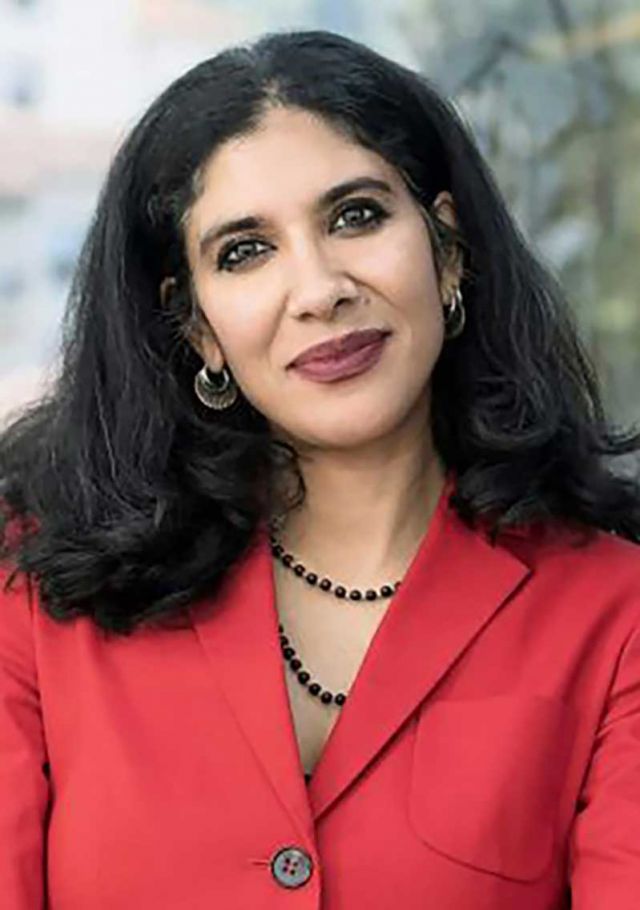The Hidden Risks of AI: Discrimination, Disinformation and the Need for a New Public Policy
RSVP Required
Sign-up here to receive the link to the webinar
Abstract
In this talk, I explore the impending conflict between the protection of civil rights and artificial intelligence (AI). While both areas of law have amassed rich and well-developed areas of scholarly work and doctrinal support, a growing body of scholars are interrogating the intersection between them. This Article argues that the issues surrounding algorithmic accountability demonstrate a deeper, more structural tension within a new generation of disputes regarding law and technology. As I argue, the true promise of AI does not lie in the information we reveal to one another, but rather in the questions it raises about the interaction of technology, property, and civil rights in the future.

Abstract
In this talk, I explore the impending conflict between the protection of civil rights and artificial intelligence (AI). While both areas of law have amassed rich and well-developed areas of scholarly work and doctrinal support, a growing body of scholars are interrogating the intersection between them. This Article argues that the issues surrounding algorithmic accountability demonstrate a deeper, more structural tension within a new generation of disputes regarding law and technology. As I argue, the true promise of AI does not lie in the information we reveal to one another, but rather in the questions it raises about the interaction of technology, property, and civil rights in the future.
Biography
Sonia Katyal is Co-Director of the Berkeley Center for Law & Technology, and Distinguished Haas Chair. Her work focuses on the intersection of technology, intellectual property, and civil rights (including antidiscrimination, privacy, and freedom of speech). Professor Katyal’s current projects focus on artificial intelligence and intellectual property; the intersection between the right to information and human rights; trademark law and branding; and a variety of projects on the intersection between museums, cultural property and new media. As a member and chair of the university-wide Haas LGBT Cluster, Professor Katyal also works on matters regarding law, gender and sexuality. Her article, The Paradox of Source Code Secrecy, was selected for inclusion in the Best Intellectual Property articles of 2019. She has also previously published shorter pieces with the New York Times, the Brooklyn Rail, Washington Post, CNN, Boston Globe’s Ideas section, Hyperallergic, Los Angeles Times, Slate, and the National Law Journal, and has also been cited by the Supreme Court. During the Obama administration, Katyal was selected by U.S. Commerce Secretary Penny Pritzker to be part of the inaugural U.S. Commerce Department’s Digital Economy Board of Advisors.
Co-sponsors
The Center for Information Technology and Society (CITS)